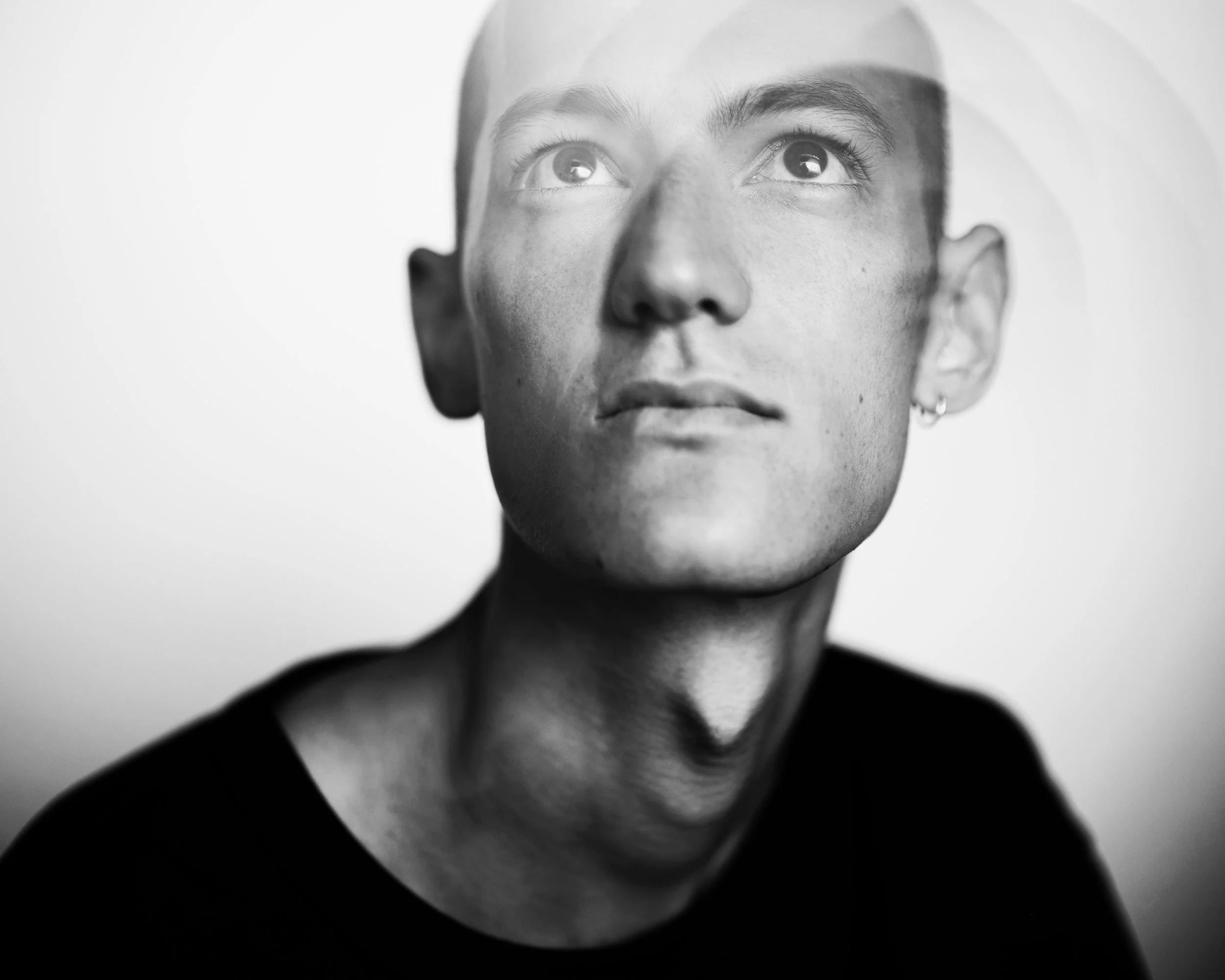Interview: Classical Music
Ben Nobuto’s ‘strange, new kind of unison’
©Manchester Collective / Phil Sharp
Interview with Florence Lockheart about my approach to writing, advice I would give to my younger self, and managing my wellbeing. From March 2025.
Read the article here.
Excerpt
Could you give our readers a brief overview of your career so far?
When I left university in 2019 I didn’t really have much sense of direction or know what I wanted my music to be like. During Covid lockdown I started a series of Instagram videos called ‘Bentobeats,’ little animated videos in collaboration with different musicians online. At the time, making these felt important to me because it gave me a space to develop a style that began to really feel like ‘me’ outside of normal expectations of how to have a career or be a composer.
In 2020 I wrote a piece for Manchester Collective, for string quartet, percussion and electronics, called SERENITY 2.0. I was really lucky as it was the first commission I ever received and it opened a lot of doors for me: they toured the piece around the country in 2021, it won a Royal Philharmonic Society award in 2023 and I performed the piece with them at their late-night Proms that year.
Other really meaningful experiences since then have been working with National Youth Choir, London Handel Festival, Colin Currie, Nonclassical and the first night of the Proms in 2024. Outside of concert music I have a more flexible approach to things where I sometimes play with jazz musicians or in a hybrid ensemble with electronics, where my role feels somewhere between composer, performer and producer, like for a 2023 show at the museum Leighton House in London.
How would you describe your approach and sound as a composer?
I’m really drawn to immediacy in music, sounds that pull you in instantly and feel fresh and striking in an urgent kind of way. Most of my music involves electronics, pre-recorded sounds that are combined with acoustic sounds. I often use voices to give the music a narrative element, so the listener feels like they’re being guided through the piece, like the AI narrator in Hallelujah Sim. or the meditation voice in SERENITY 2.0. I love layering organic and synthetic textures, like a distorted sound on a cello coupled with glitchy feedback. When you layer these different sounds precisely it creates a composite texture where you can’t tell which sound is which - a strange, new kind of unison.
I try to make music that feels really transparent and clear in its intention because I like the idea that even very complex music can be accessible and enjoyable to anyone if it’s presented in the right way. I think that’s why I’m also drawn to things like brightness, joy, humour, playfulness and kitschy things - it gives the music a lightness and invites the listener in.
What advice would you give your younger self at the beginning of your career?
That there is no one, proper way of doing anything, and that any approach is valid if it feels authentic to you. Write music you genuinely love and lean into all the things that seem to obsess you and no one else. The writer Annie Dillard says ‘We were made and set here to give voice to our own astonishment.’ The reason the music in your head doesn’t seem to exist anywhere is because it’s up to you to give voice to it and realise it. I find that so inspiring.
Where do you go for creative inspiration, insight and support?
A lot of my inspiration comes from trying to imagine these dreamlike scenarios where random things can coexist, like a virtual environment where you can place contradictory ideas side by side and somehow make them feel right. It feels a bit like how dreams work, in that you don’t question why surreal or impossible things happen until after you wake up, they just seem to make sense in that weird dream-logic way. I find it so fascinating that music can be that kind of space, and also relieving that I don’t need to be able to rationalise something for it to be meaningful or moving.
I’m always interested in that blurry line between emotional states, like the euphoria-anxiety of being in a club or scrolling on Instagram, or the half-sincere, half-ironic way you can express something and still totally mean it. There’s a Pitchfork article from 2011 about maximalist electronic music, where the writer Simon Reynolds describes an aesthetic of merging ‘the sublime and the ridiculous together until they’re indistinguishable.’ That really resonated with me when I read that.
